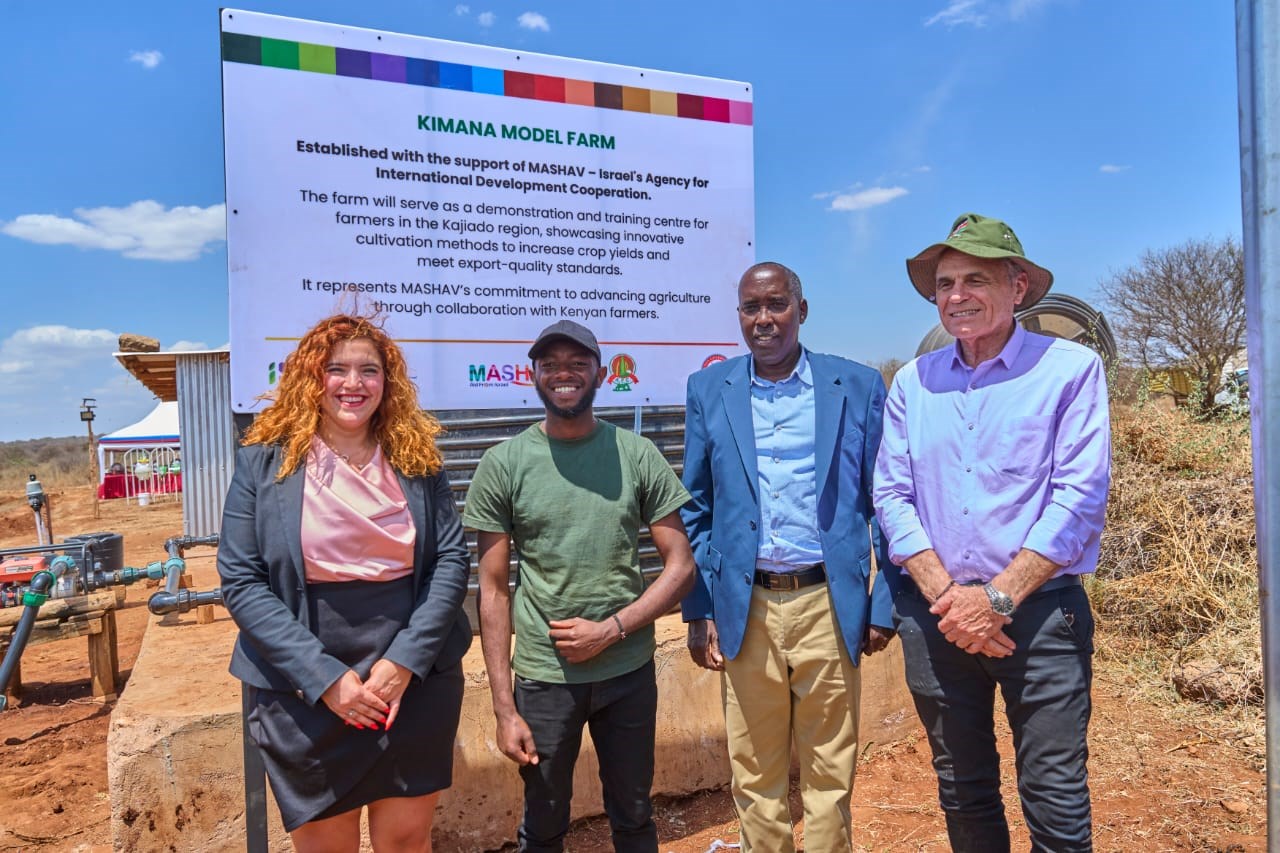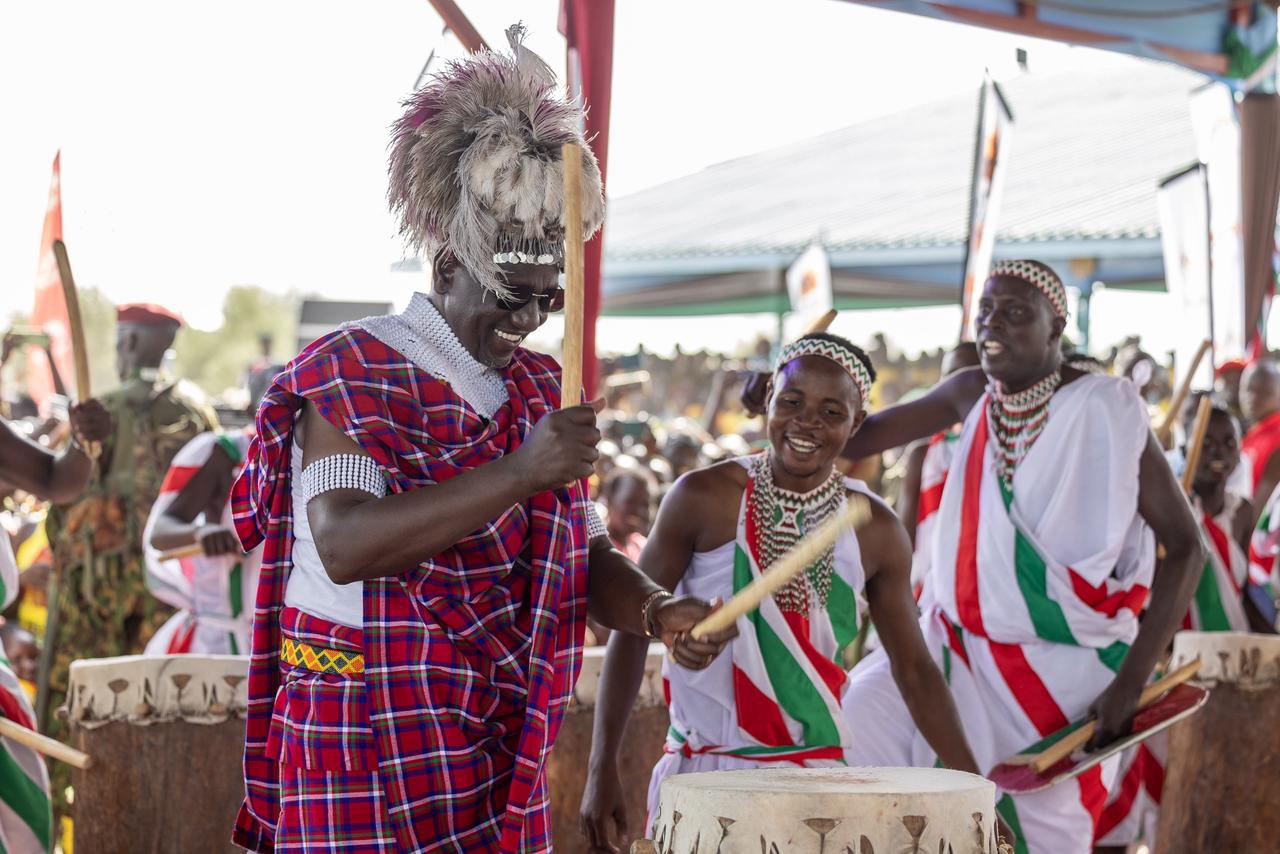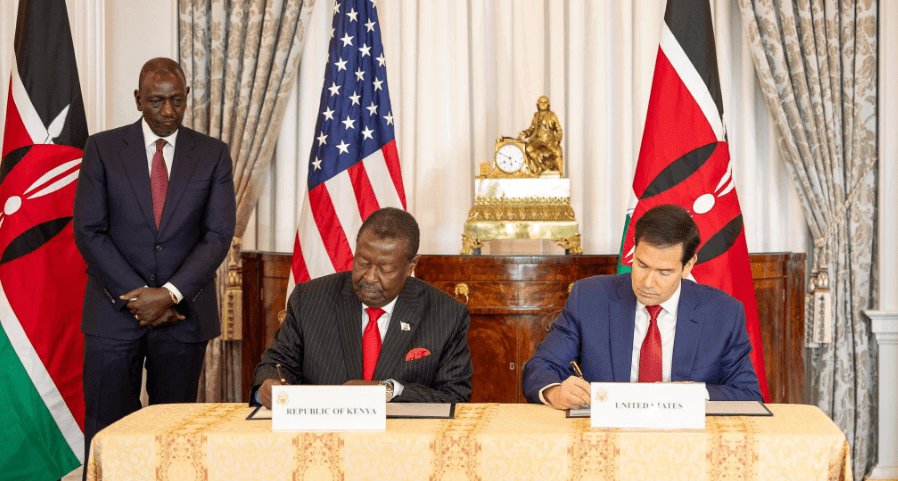

A new era for smallholder agriculture is on the horizon with the launch of an Israeli-backed model farm in Kimana to improve onion production in the country.
Located on a 10-acre plot, the Model Onion Farm has been set up as a demonstration and training hub to address long-standing challenges in onion farming.
These include low yields, lack of access to quality seed, post-harvest losses and poor agronomic practices.
The model farm is spearheaded by David Kamau, a graduate of the Mashav programme, an 11-month field internship in Israel.
Mashav is Israel’s Agency for International Development Cooperation. It was established in 1958 and focuses on sharing Israeli expertise in sectors such as agriculture, water, health and education with developing countries.
In a statement on Friday, the embassy said the goal is to build the capacity of farmers in Kajiado and beyond to transition from traditional methods to modern, market-oriented agriculture.
“The Kimana Model Farm, spearheaded by Kenyan Mashav alumnus David Kamau, will serve as a demonstration and accredited training center for farmers in the region,” the statement read.
The programme will focus on the application of Israeli irrigation systems, crop management techniques and post-harvest practices.
The farm will serve as a catalyst for youth engagement in agriculture by offering practical, hands-on training, “with the goal of producing agricultural outputs that meet international export standards,” the statement reads.
Deputy Ambassador of Israel to Kenya, Ariel Arviv, highlighted the long-term vision for the farm and its role in creating employment and fostering knowledge transfer.
“Looking ahead, the future plan of this farm is to expand into a fully operational 10-acre model farm. This will not only increase production to meet growing market demand, but will also provide greater employment opportunities for the local community, especially young people,” she said during the launch.
She added: “Beyond jobs, the farm will serve as a hands-on training centre, where farmers from across Kajiado county can learn modern methods of cultivation, irrigation and post-harvest handling, ensuring knowledge transfer for years to come.”
The project is part of the broader efforts by Mashav to support its alumni in applying the skills acquired during their training in Israel.
The agency provides grants of up to $10,000 to alumni projects upon their return and offers ongoing technical assistance through agricultural experts based at the Israeli Embassy in Nairobi.
“The Kimana project is one such initiative, combining the knowledge and dedication of alumni with the support of financial and technology partners in Kenya,” the embassy noted.
The field internship programme has trained over 1,000 young Kenyans since its inception. Participants receive hands-on experience on Israeli farms and are taught both agricultural production and entrepreneurship.
Many graduates have gone on to establish farms, agribusinesses and training centres across Kenya.
“This project stands as a model of collaboration between Mashav alumni, local communities and institutions to address food security challenges while opening opportunities for young agripreneurs in Kenya,” the statement added.
Instant analysis
The Kimana Model Farm is expected to be a critical resource in improving onion productivity, reducing post-harvest losses and strengthening local value chains, while inspiring a new generation of Kenyan farmers.

















